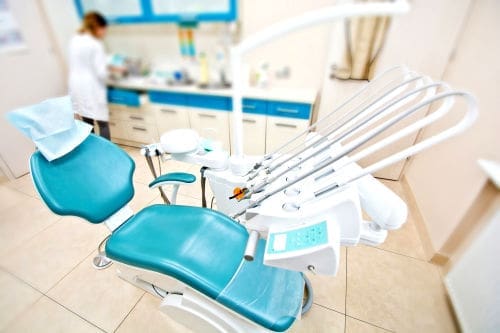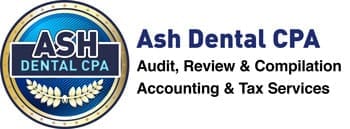Dental Practice Taxes: How to Prepare for your Dental Practice Tax Returns

Dental Practice Taxes
Dental Practice Taxes | Millions of taxpayers file their taxes through professional and paid tax specialists. Outsourcing tax returns to a specialist is a time-saving and cost-effective choice. Your tax specialist will need important information to prepare your tax returns.
If you’re running a dental practice and file taxes through a specialist, you should pre-plan the strategy. It can save time and money for your dental practice.
Let us guide you through the key points for a smooth tax filing process for your dental practice.
Choose a Tax Specialist – Dental CPA
You can submit the tax returns by yourself or with the help of any tax preparer. If you own dental practice, consider filing taxes through a Dental CPA. Filing tax returns require strategic planning that aligns with your business objectives.
A dental CPA can understand your business requirements and objectives clearly. a dental CPA can help you plan an aggressive tax strategy to minimize the tax liability. You’ll also benefit from the industry experience of a dental CPA for business process benchmarking, profit maximization, equipment leasing, financing, and planning techniques for a dental practice.
In short, if you run a dental practice, go for a dental CPA over a generalist.
Determine the Federal and State Tax Obligations
Talk to your dental CPA as soon as possible. If you own a running business, you’ll need to evaluate the effectiveness of your tax strategy as well. If you’ve just started or relocated into a new state, determine the obligations first.
Consult your tax specialist to identify your State and Federal Tax obligations. Your entity structure, State regulations, tax calendar, and local regulations will determine the business taxes.
In general, a dental practice or any other business needs to file the following taxes:
- Corporate Income Tax
- Estimated Taxes
- Employer Taxes
- Excise Tax
- Self-employment tax (if applicable)
Plan the Tax Strategy NOT Tax Reductions
A general tax preparer will focus on reducing the tax liability only. Instead, plan an effective tax strategy that aligns with your dental practice objectives. This is where the specialization and understanding of the industry knowledge of your dental CPA will come in handy.
Organize the Documents – Tax forms and business documents
Your tax filing deadline can be March 15 or April 15 depending on the entity structure. You must gather key tax forms for your business and personal tax filing in time.
Here are a few key tax forms for your business:
- 1040 or 1040-SR Schedule C – Income tax
- 1040 Schedule SE – Self Employment tax if applicable
- Form 1040 ES – Estimated taxes
- 941 – Employer’s Quarterly Tax returns
- 1099-Misc. For other income reporting.
Along with tax forms, keep the key business documents in order too. You’ll need the business tax ID, article of incorporation, partnership agreements, etc.
Gather Receipts for Your Dental Practice Taxes
Take full advantage of the tax breaks and tax credit available. For example, the employee retention credit and Paid sick leave tax credits have been extended till June 30 and March 31 2021 respectively.
Organize your accounting records in time. Gather all the important financial statements including the balance sheet, Income Statement, cash flow statement, and statement of changes in equity.
You’ll need to collect the bank statements and credit card reports as well. It will help you prepare the final tax filing correctly. It will also make the job easier for your dental CPA. Collect the important expenses receipts, income receipts, sales records, cost of goods sold, services, utilities, invoices, and other necessary financial records.
Keep the Tax regulatory Changes in Mind
Consult your tax advisor on the regulatory changes regarding tax laws. You should take full advantage of the tax credits available and be mindful of the implications of non-compliance. For example, the TCJA 2017 had many advantages and limitations for corporate tax filers at the same time. Some tax credits like family sick leave tax credit have been extended.
Prepare and File the Taxes in-time
You’ll need to file the estimated taxes on a monthly and quarterly basis. It’s wise not to wait till the last moment for the year-end time for other tax obligations too.
Follow up and Refunds
Moreover, a professional like a dental CPA will be at your back even after the tax season. You may get a clarification notice or even an audit mail from the IRS. Your tax refunds may get delayed for some reason from the IRS too. Therefore, stay in touch with your dental CPA and follow-up effectively. In other words, reviewing the tax strategy will help you devise a better for the next tax year.
Contact Ash Dental CPA to learn more about dental practice taxes. Call (508) 458-6789or request an appointment online. New clients are welcome.
